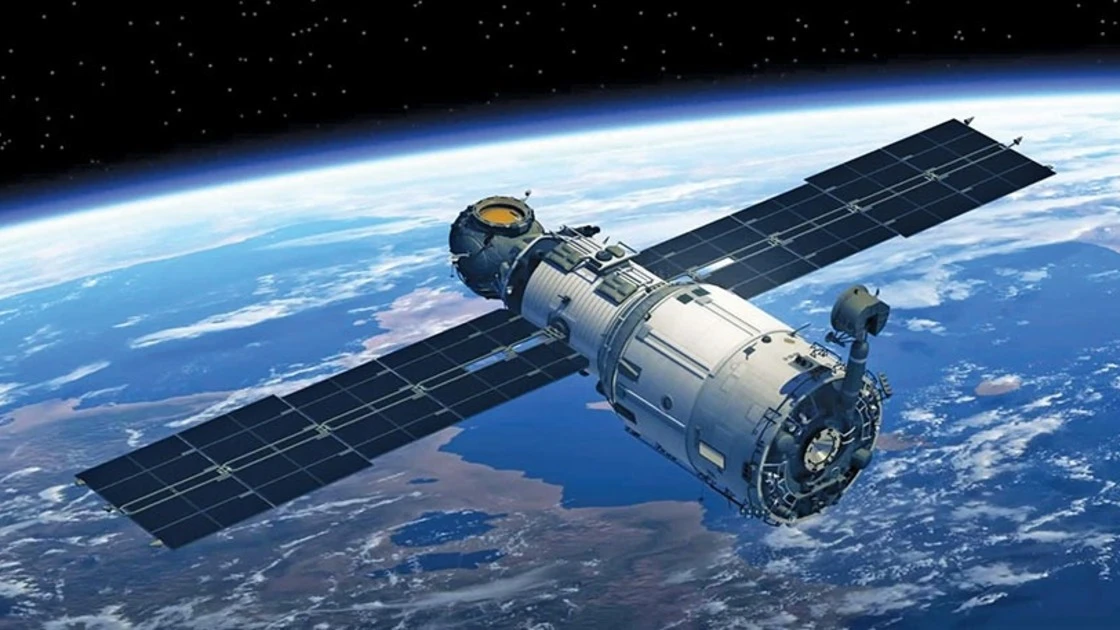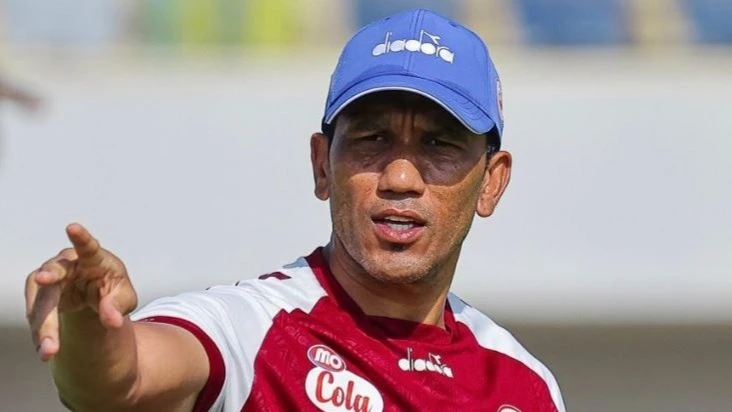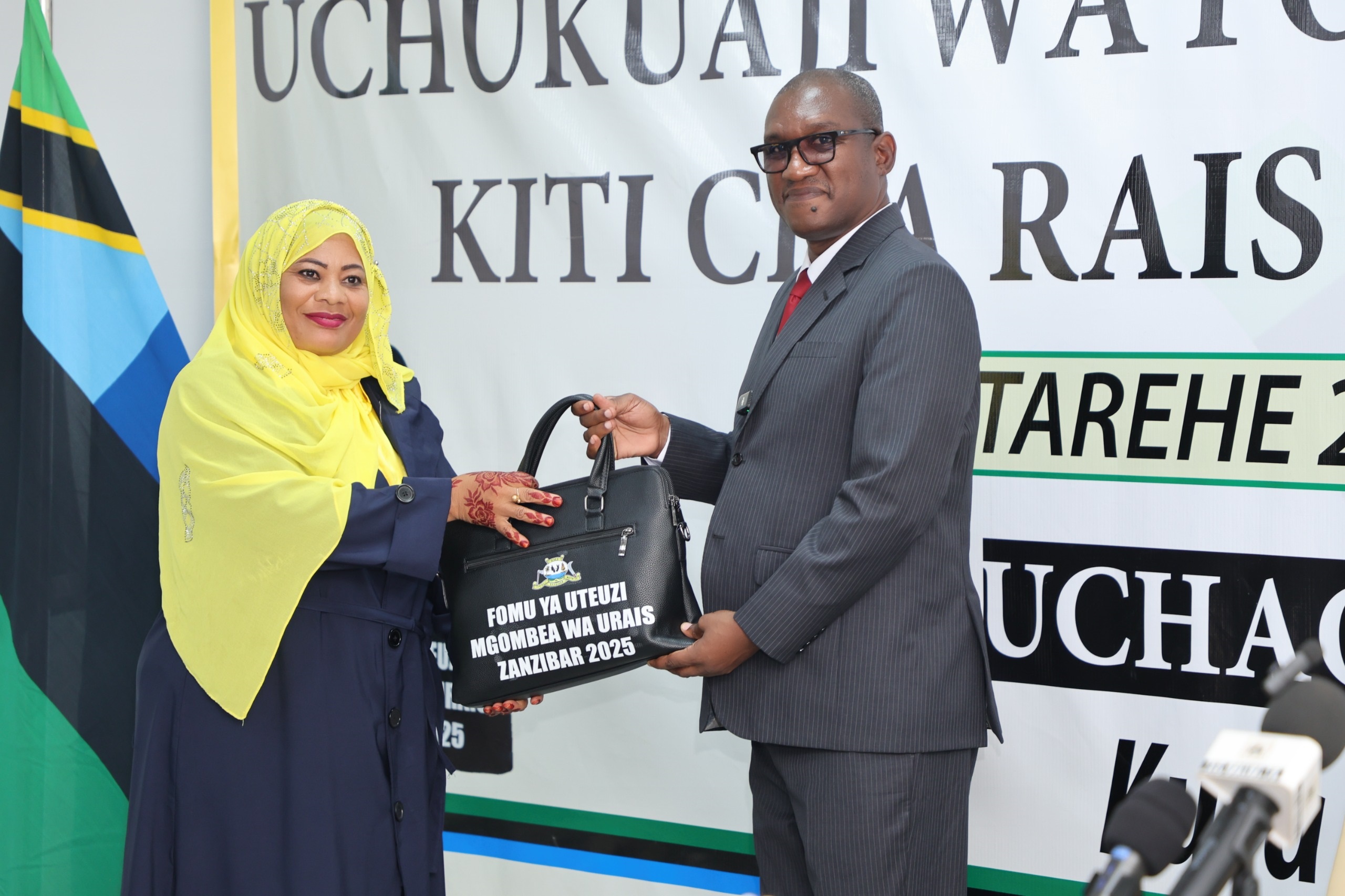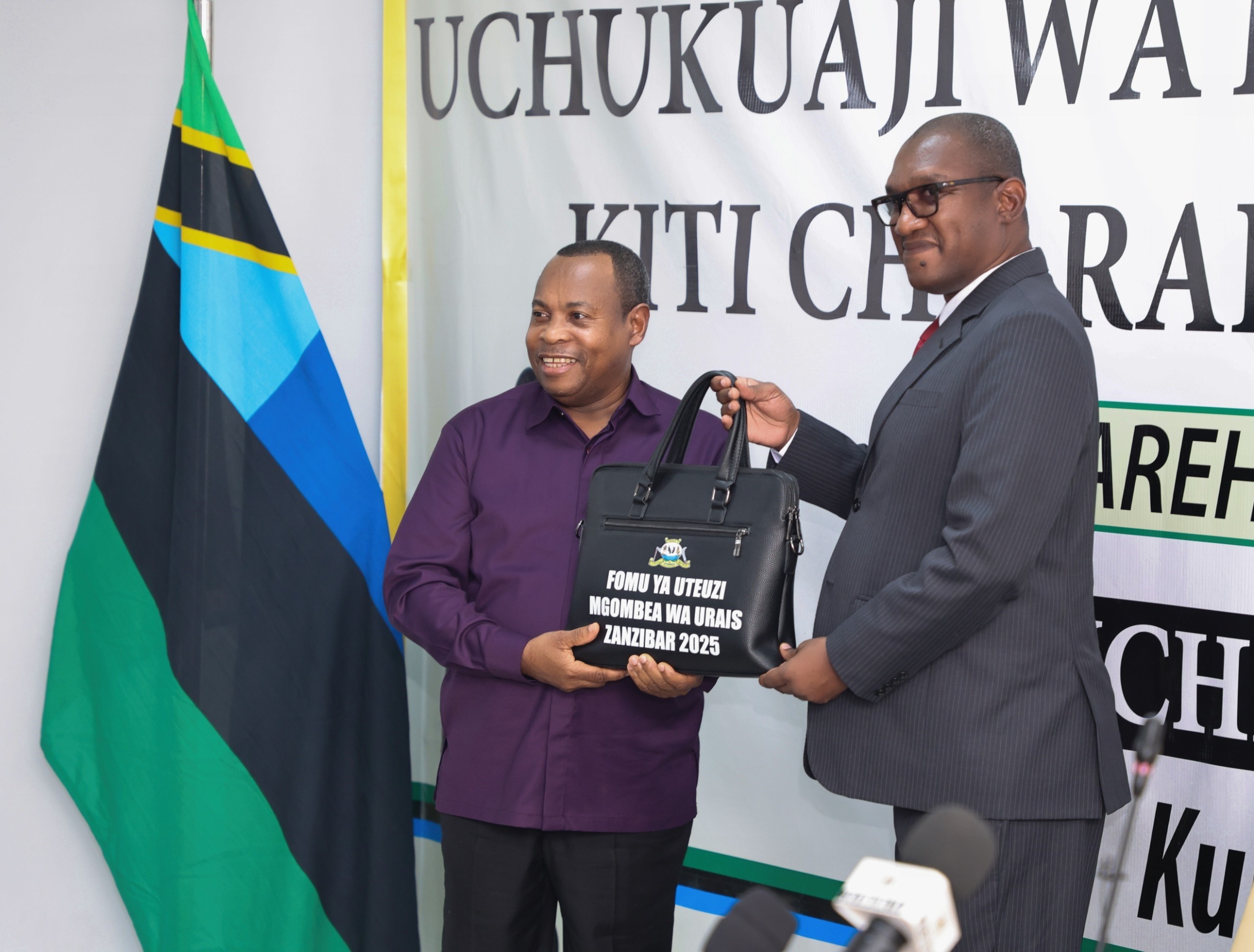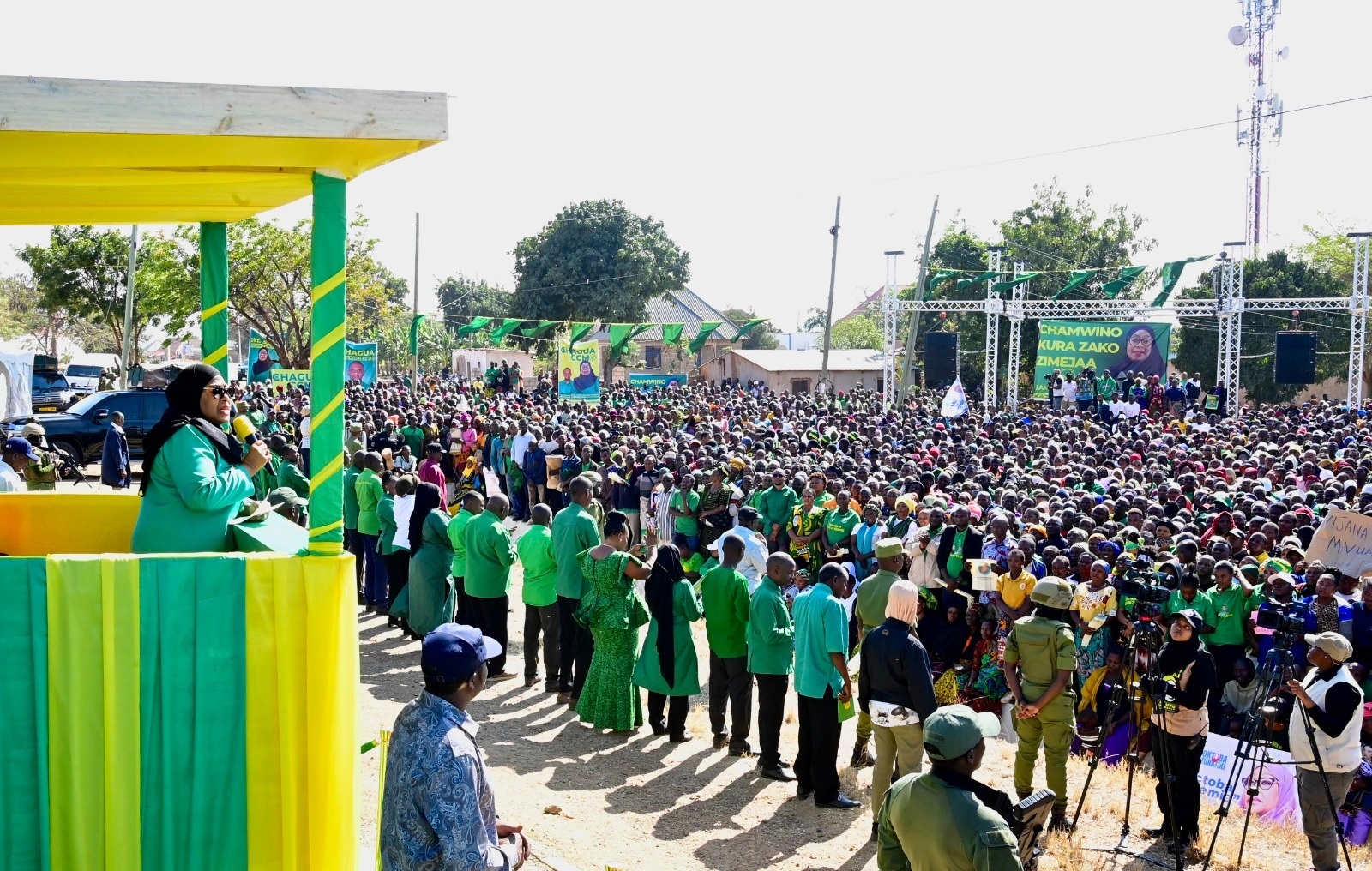Tanzania prepares to launch first communication satellite
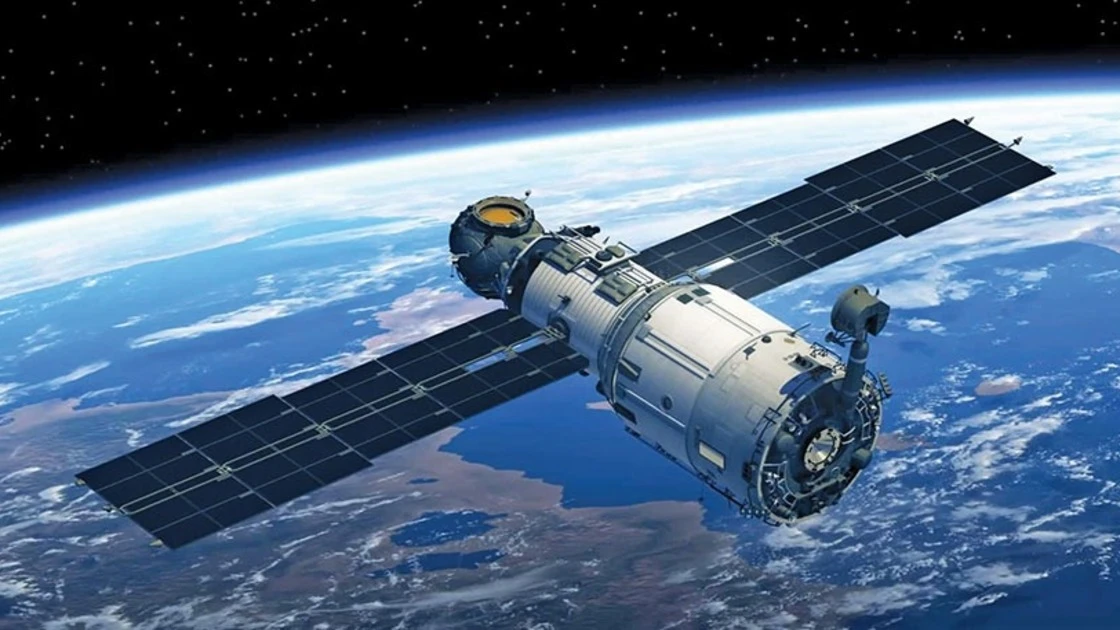
TANZANIA is advancing preparations to launch its first communications satellite, with the government and regulators unveiling new strategies to manage radio spectrum and develop the country’s space ambitions.
Dr Jabiri Bakari, the Tanzania Communications Regulatory Authority (TCRA) director general, said at a presentation in Dar es Salaam yesterday that guidelines have been drawn up for satellite filings under Tanzania’s name.
“Any operator intending to launch a satellite must first submit a request to TCRA for radio spectrum,” he said, unveiling a radio spectrum strategy to guide spectrum management for the next decade.
Alongside this facility, the government plans to establish a national outer space strategy and set up a space agency to coordinate the country’s ventures in space technology, he said, affirming that the regulations are meant to ensure efficient, equitable and sustainable spectrum use.
They are also designed to address emerging technologies such as 5G, the ‘Internet of Things’ (IoT) and ‘Smart City’ infrastructure, he said, noting that rapid technological advances were shaping the future of wireless communication, and regulators need to anticipate demand for additional spectrum resources.
“IoT will transform wireless communication, with billions of interconnected devices projected to come online to exchange data,” he explained, citing smart sensors and connected appliances as examples.
TCRA June 2025 quarterly statistics show that 1,083,355 SIM cards have so far been registered for machine-to-machine (M2M) communication, while 91,652,443 were registered for interpersonal communication.
This marks an increase from March 2024 when the country counted 929,683 M2M SIM cards, highlighting the growth of automation, real-time analytics and remote monitoring in the digital economy, the director underlined.
Dr Ubumi Bununu, a city expert in satellite communications, said in his remarks at the stakeholder event that satellite technology is expected to complement this growth, as satellite-based broadcasting would not only enhance access to information but also support education, community development and business growth.
“Broadcasting connects people to information, entertainment and news quickly and on a large scale, as its greatest strength is the ability to reach a wide audience efficiently, making communication faster, more inclusive and cost-effective,” he stated.
As broadcasting evolves with digital tools, communities are experiencing better quality and more choices in accessing services, thereby strengthening social and economic participation, he specified, noting that the government has also moved to align communications layouts with global space governance.
In May, Communications and Information Technology minister Jerry Silaa said in the legislature that Tanzania would ratify two global pacts on the issue, namely the 1967 Outer Space Treaty and the 1975 Convention on the Registration of Objects Launched into Outer Space.
The treaties are key to ensuring responsible exploration and use of outer space, as well as registering satellites to comply with international norms, he stated, noting that Tanzania’s space programme gained momentum when the country secured an orbital slot for its first satellite during the 2023 World Radiocommunications Conference (WRC) in Dubai, in the United Arab Emirates.
The satellite will provide an alternative to terrestrial networks, especially in remote and hard-to-reach areas, helping bridge the digital divide while positioning Tanzania as an emerging player in Africa’s growing space economy, he added.
Top Headlines
© 2025 IPPMEDIA.COM. ALL RIGHTS RESERVED













